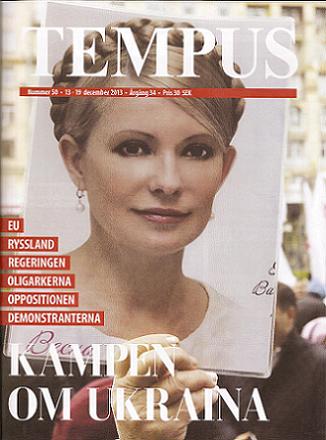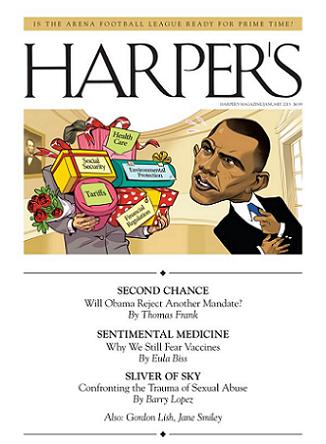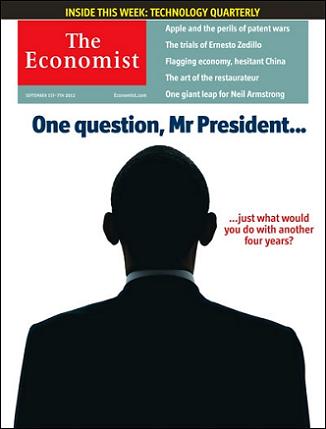UKRAINA | Förutom president Viktor Janukovitj, demonstranterna och oligarkerna finns det en rad politiker som tillhör dramats huvudpersoner.
Tempus, som översätter nyhetsartiklar från bl.a. The Washington Post, har tittat på situationen i landet.
De viktigaste är för närvarande Jurij Lutsenko, Arsenij Jatsenjuk, tidigare världsmästaren i boxning Vitalij Klytjko och den fängslade Julia Tymosjenko.
Will Englund och Kathy Lally skriver:
Yuri Lutsenko, 48
A reformer who helped lead the Orange Revolution of 2004, he was interior minister in the previous government and was then prosecuted for embezzlement and abuse of office as soon as Yanukovych, the loser in 2004, won the presidency in 2010. His case was one of those that brought sharp criticism of Ukraine’s “selective justice” from leaders in the E.U. and the United States. He served a little more than two years in prison before Yanukovych pardoned him in April of this year.
Acknowledging that millions of Ukrainians were disillusioned by the aftermath of the Orange Revolution, Lutsenko today argues that the time has come to do it right.
Arseny Yatsenyuk, 39
He is the leader of the parliamentary faction of Fatherland Party. This is the party founded by Yulia Tymoshenko, the former prime minister now in prison. Yatsenyuk was at various times minister of economy and foreign minister under Tymoshenko.
Yatsenyuk has always cast himself as a principled reformer, and at times was at odds with Tymoshenko over questions of policy and politics. He ran against her and Yanukovych for president in 2010.
Vitaly Klitschko, 42
The former WBO and WBC heavyweight champion, he had a knockout-to-bout ratio second only to Rocky Marciano’s. Now he’s in politics, and his party is called UDAR, which means “punch.”
Klitschko has no association with the Orange Revolution or the unpopular governments that followed it, but he is a ferocious critic of Yanukovych. As early as September, Klitschko was challenging Yanukovych to resign if he wouldn’t sign the agreement with the E.U.
Yulia Tymoshenko, 54
Currently in a prison hospital, the former prime minister decided Friday to end a hunger strike that she started to protest the failure to sign with the E.U. She was convicted of abuse of office in 2011. The E.U., again citing “selective justice,” has demanded that she be released. Yanukovych can’t bring himself to do it.
Wildly popular when she dramatically became the personification of the Orange Revolution nine years ago, her two stints as prime minister were troubled and complicated. Her supporters are passionate. So are her detractors.
Three former presidents
Leonid Kravchuk, Leonid Kuchma and Viktor Yushchenko issued a joint statement sympathizing with the protests and warning that the government is losing control of the situation. But none of them commands a significant following among the public.
Tidskriftsomslag: Tempus, nr 50, den 13-19 december 2013.




